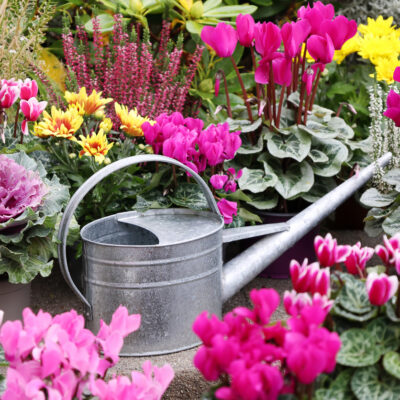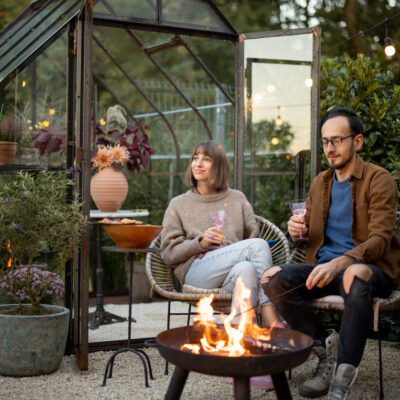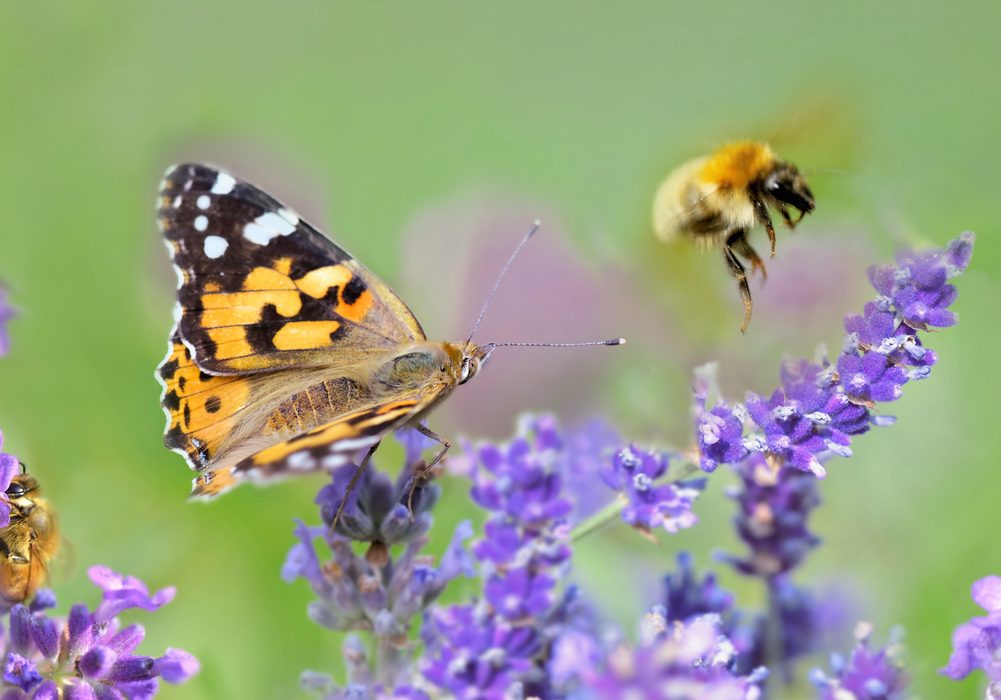
Let Wildlife Go Wild
by Colne Life magazine
THE PLANET’S WILDLIFE AND PLANTS ARE DIVERSE, BUT MANY ARE FACING POPULATION DECLINES. TAKE PRACTICAL STEPS TO HELP IN YOUR GARDEN.
Help attract wildlife to your garden with these few tips…
Bumblebees:
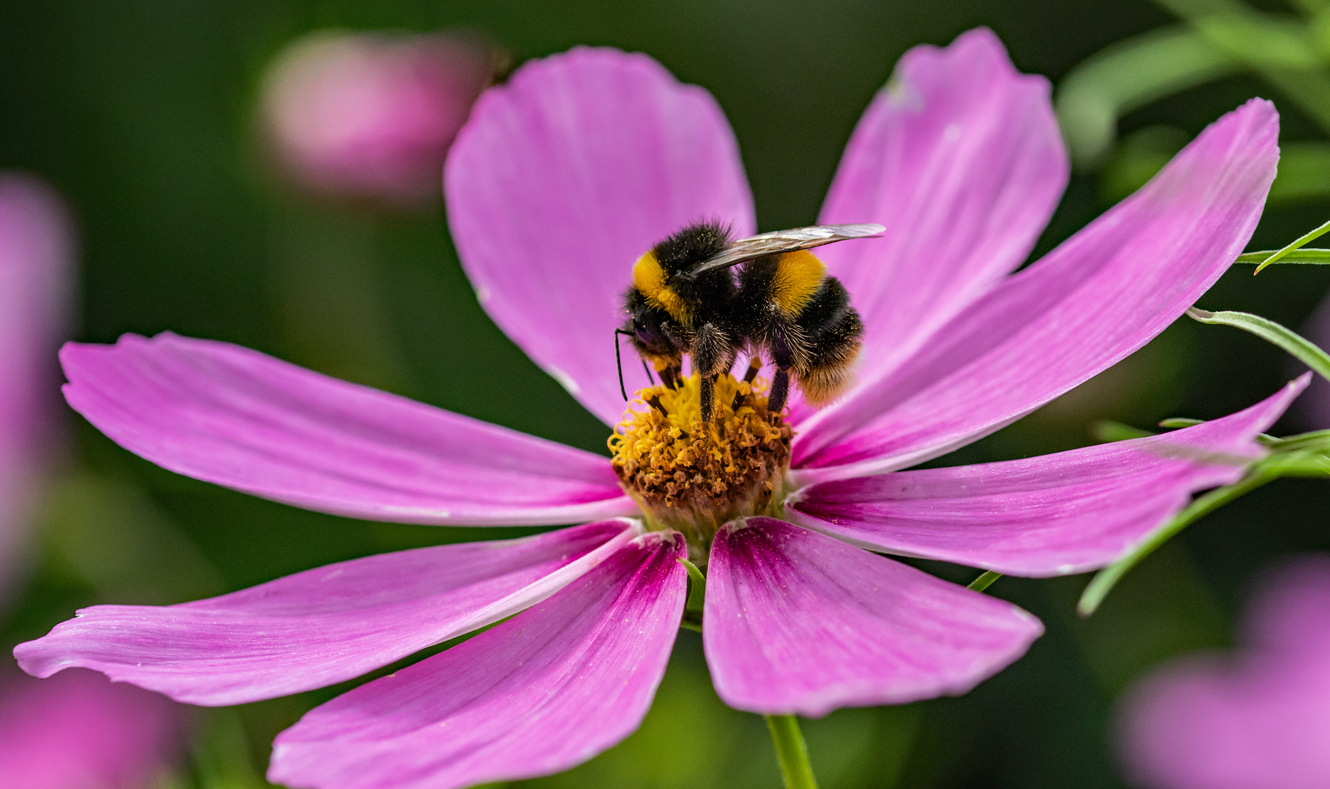
Vital pollinators essential to our ecosystems are under threat, with many of Europe’s wild bee species at risk of extinction. You can help by providing shelter for solitary bees like mason and leafcutter bees by investing in or building your own insect hotel using simple materials like wooden blocks and logs.
Top Tip: Plant various flowers that bloom at different times throughout the year to ensure a continuous food source for bees. Some excellent choices include Lavender, Foxglove, Echinacea, Sunflowers, Salvia, Nepeta, and Zinnias.
Butterflies:
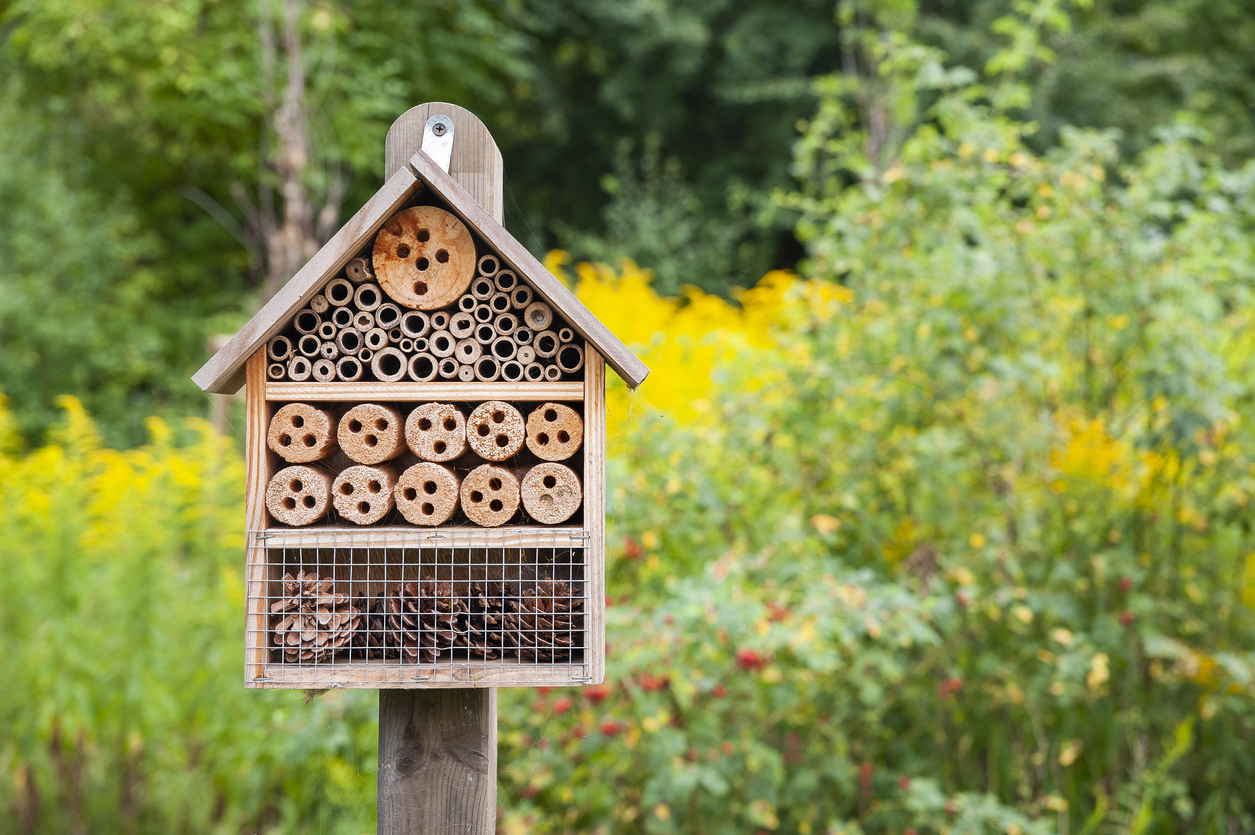
The decline of butterflies, particularly in urban areas, is attributed to habitat loss and climate change. Support butterfly populations by installing butterfly hotels in your garden. These decorative structures, equipped with front openings, provide a welcoming habitat for butterflies. Enhance their new homes by placing sugar solution-soaked sponges nearby.
Top Tip: Create basking spots for butterflies by placing flat stones in sunny areas.
Insects:
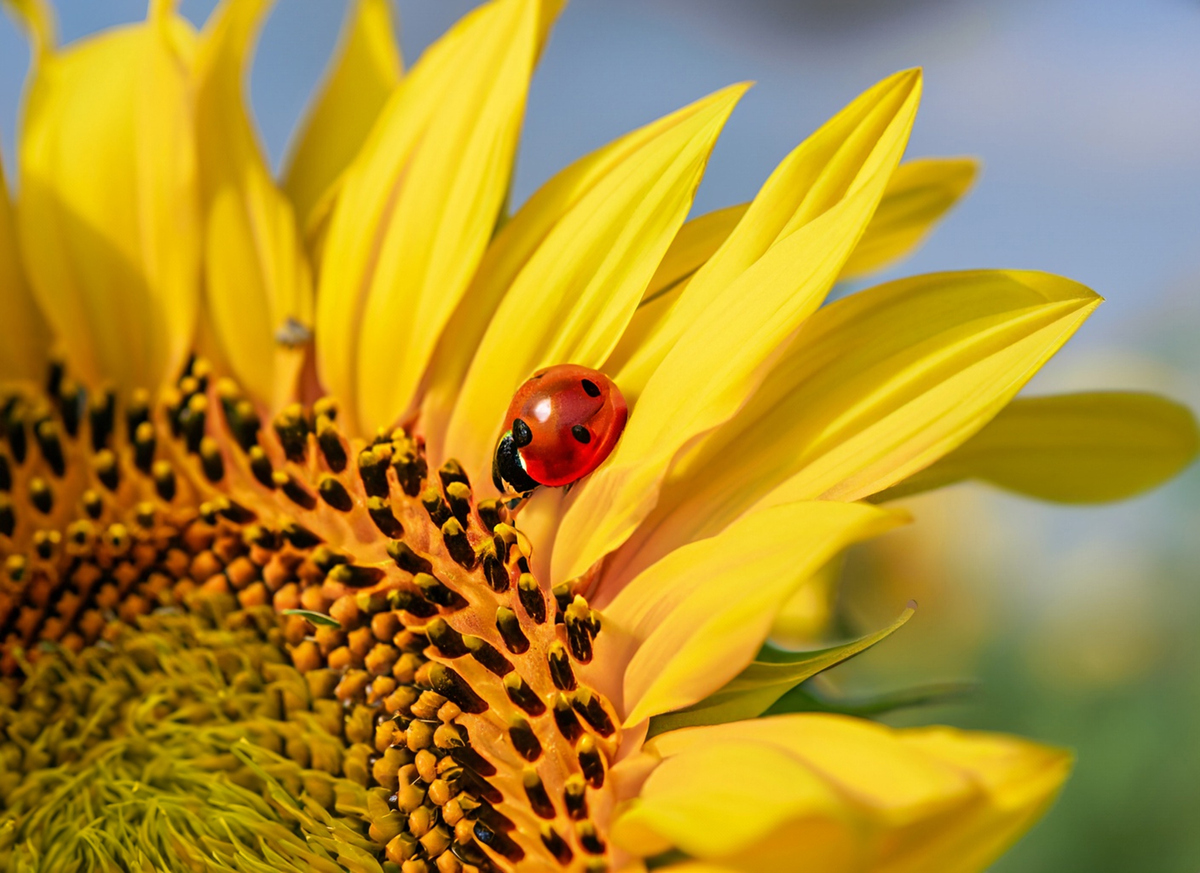
Insects are crucial for maintaining a healthy ecosystem in your garden. They play a significant role in pollination, soil health and pest control. You can create a thriving and sustainable garden by encouraging a diverse range of beneficial insects like ladybirds, hoverflies, lacewings, and beetles. You can also allow certain areas of your garden to grow wild and undisturbed to serve as nesting sites and shelters for these helpful creatures.
Top Tip: Ladybirds love plants that attract aphids, such as marigolds or cosmos, so plant near your insect hotel or in containers to provide a food source.
Birds:
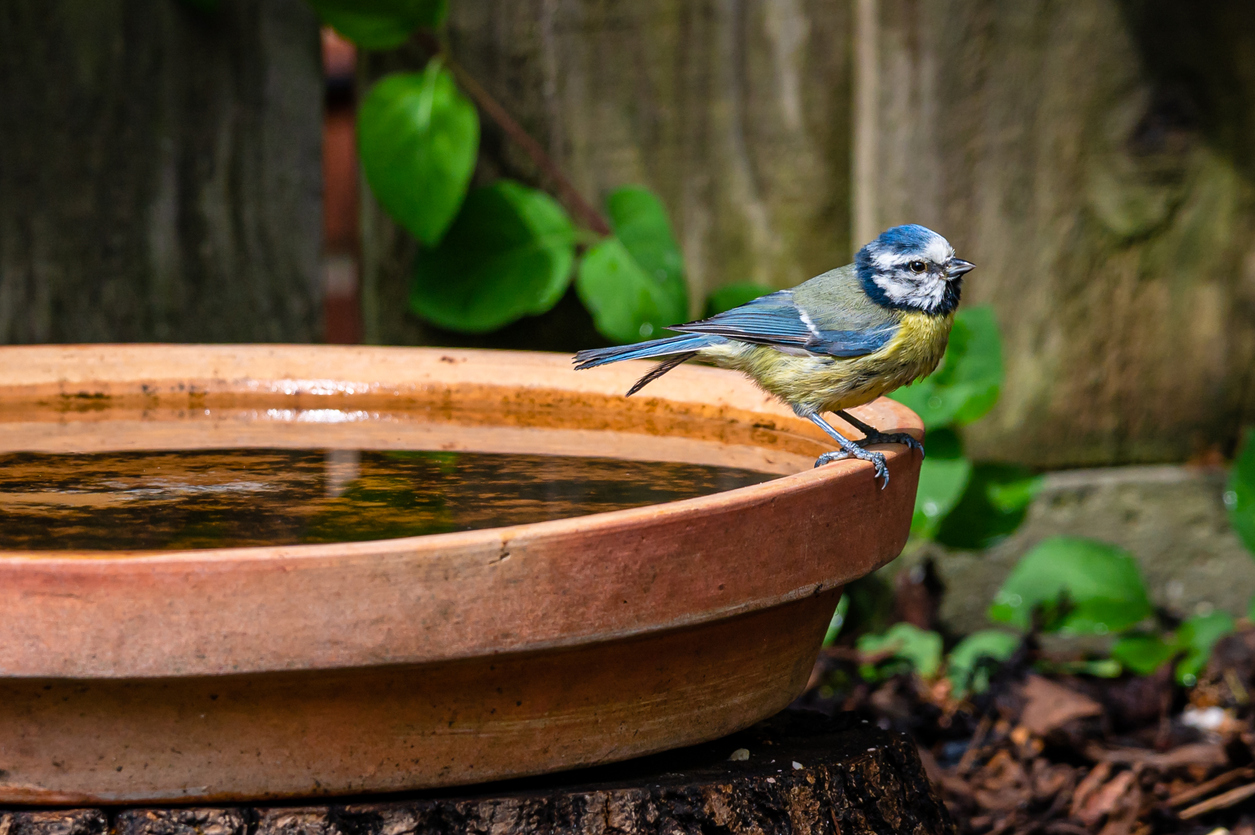
Encouraging birds to visit your garden is a delightful activity, especially in the UK, which is known for its love of birds. Birds need access to clean water, so you can install bird baths with shallow edges.
Top Tip: Planting fruit-bearing trees and shrubs provides natural food sources for birds throughout the year, which can incredibly benefit their well-being.
Hedgehogs:
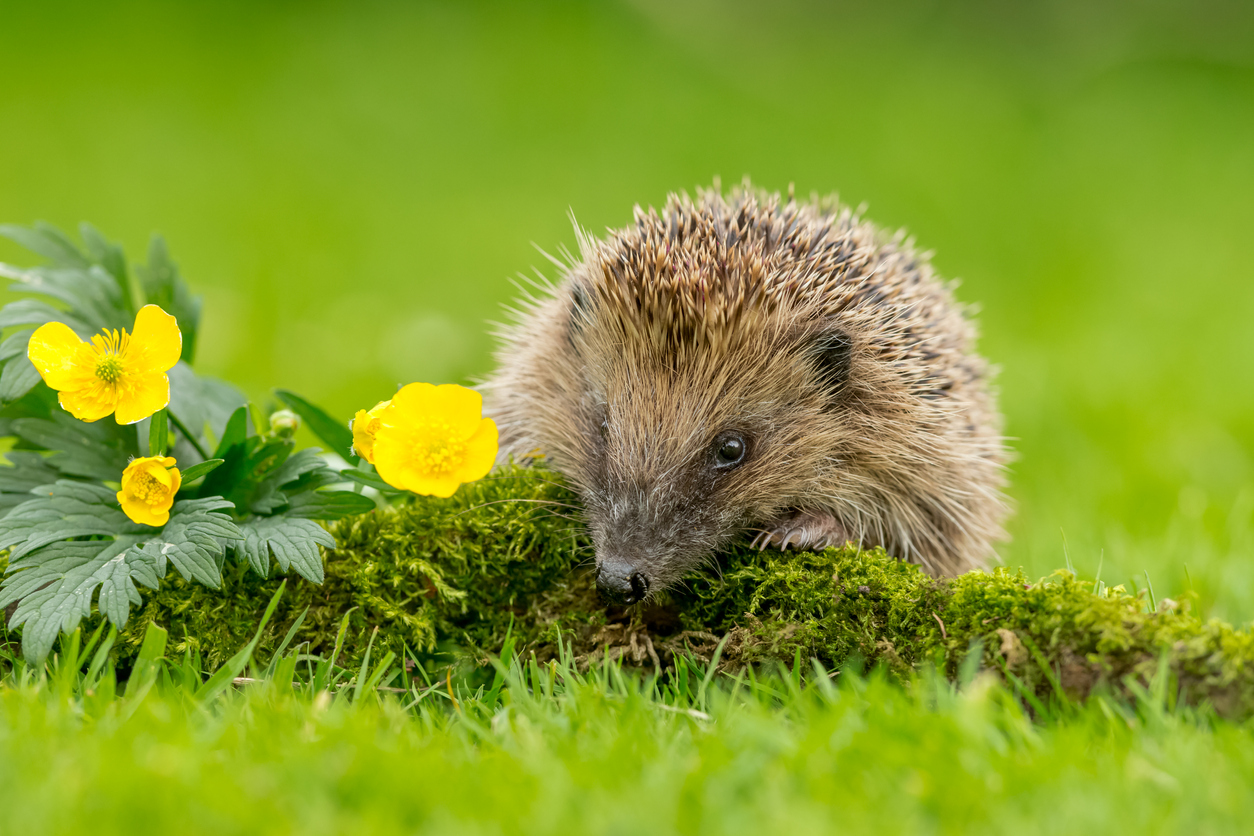
Hedgehogs face challenges due to habitat destruction, leading to a significant decline in their UK population. Help hedgehogs thrive by providing shelter, food, and access between gardens. Create hedgehog houses using simple materials and leave parts of your garden wild to offer them suitable habitats.
Top Tip: Offer hedgehogs high-quality cat or dog food with a high meat content as part of their diet, and ensure they always have access to fresh water.
ColneLife March/April 24

